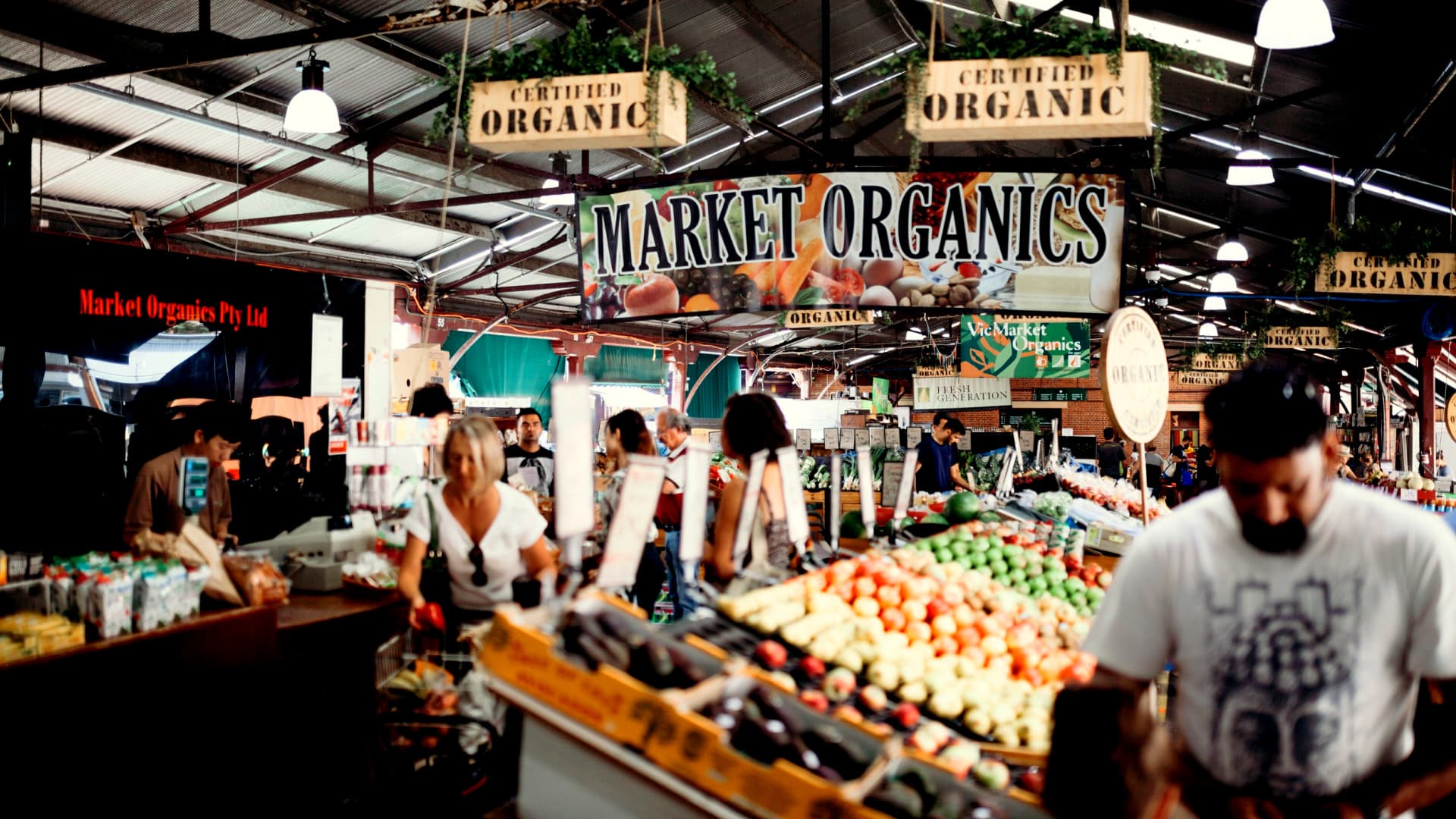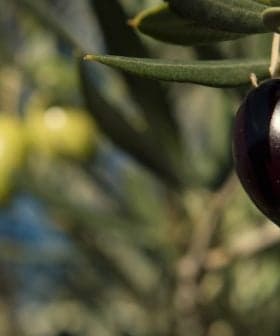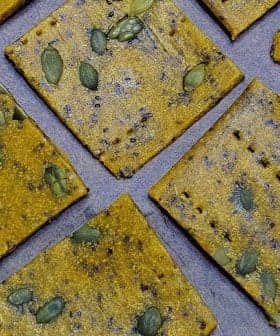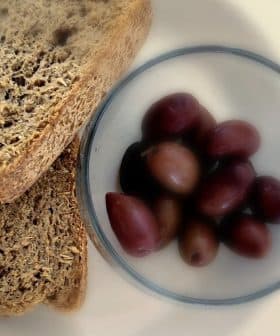In Australia, Mediterranean Diet Costs Less than Alternatives, Study Finds

New research from the University of Southern Australia found that the Mediterranean diet is cost-effective and offers higher nutritional value compared to other standard diets. The study aimed to update the Healthy Food Basket for Australia with relevant purchasing trends and household compositions while emphasizing the affordability and health benefits of following a Mediterranean-style diet.
New research from the University of Southern Australia confirmed the Mediterranean diet is good for health and fits a lower weekly budget.
The study compared food baskets of the Mediterranean, the typical Australian Western and the Australian Guide to Healthy Eating diets.
If dietary guidelines are moving towards predominantly plant-based diets like the Mediterranean diet, we need to understand the costs and affordability for all Australians.
The Mediterranean diet was more cost-effective than other standard diets, saving 28 Australian dollars (€17) per week while offering higher nutritional value.
“Many people may think that eating ‘healthy’ is expensive and it takes a lot of time to prepare and cook food,” Karen Murphy, an associate professor at the University of Southern Australia, told Olive Oil Times.
See Also:Americans Find Cost of Food Biggest Barrier to a Healthy Diet, Survey Finds“We know from previous research from around the world and from our studies here in Australia that the Mediterranean diet is a healthy dietary pattern; Australians can follow the pattern and, as a result, achieve benefits to their cardiovascular health and memory,” she added.
Ella Bracci, a Ph.D. candidate at the University of Southern Australia and first author of the study, told Olive Oil Times that the research sought to update the concept of healthy food baskets, designed to monitor food affordability and pricing for individuals and traditional nuclear families.
“They have been modeled from our dietary guidelines but may no longer apply to the composition of households (couples, singles, single parents, etc.), may not meet 100 percent of dietary requirements and may use simply the cheapest brand possible, which does not reflect the latest consumer purchasing trends,” she said.
The study aimed to achieve two main outcomes. The first was to update the Healthy Food Basket for Australia with relevant purchasing trends and household compositions, including a couple with children, a single parent with two children, two elderly pensioners and a single adult.
The second outcome was to compare the cost of following a Mediterranean dietary pattern with Australian dietary recommendations for healthy eating – the Australian Guide to Healthy Eating – and with that of a typical Western diet based on the most recent survey of what Australians eat.
“If dietary guidelines are moving towards predominantly plant-based diets like the Mediterranean diet, we need to understand the costs and affordability for all Australians,” Murphy said. “A healthy food basket does not currently exist for Australians.”
The Mediterranean diet food basket was modeled from a seven-day meal plan. The design met all household nutrient recommendations except the dietary zinc needed for a 44-year-old male.
“The Mediterranean diet basket was generally the most inexpensive way of eating. It costs 78 Australian dollars (€46) for a single-person household and 285 Australian dollars (€170) for a four-person household,” Murphy said.
Vegetables were the main contributor to all household food baskets. In contrast, meat and vegetables were the main cost for the Australian Guide to Healthy Eating baskets, and discretionary foods such as biscuits and processed meats were the most significant contributors to the Western diet baskets.
“Vegetables were, in fact, the lowest-cost component of the Western diet,” Bracci said.
The authors said the study could inspire actionable steps for people seeking a budget-friendly approach to the Mediterranean-style diet.
See Also:Focus on Healthier Diets Instead of Demonizing Certain Foods, Health Researcher Argues“Use the principle of a dinner plate with a ratio of plant to animal foods of 4:1,” Murphy said. Keeping a few principles in mind, she advised home chefs to substitute red meat with legumes and beans.
“Choose foods in season,” she added. “Frozen fruit and vegetables are fine, and canned vegetables and fruits (in natural) juice are great to consume. Dried or canned legumes and beans are another good way of including pulses in your diet.”
“Choose white meat over red, and choose the appropriate portion size – generally, use the palm of your hand to estimate the size of meat in a serving,” Murphy said.
”If you have the space, purchase products in bulk,” Bracci recommended. “Home brand products may just be as good as branded products – give them a try.”
Her favorite tip starts in the garden. “Grow your own herbs – oregano, parsley, thyme, and mint are good ones to start with.”
Simplifying cooking and shopping often starts with planning a weekly menu. “Plan your weekly menu so you can shop to a menu and avoid food wastage,” Murphy said. “Choose simple recipes with common ingredients, so you don’t have to purchase specialty products and 15 different herbs and spices.”
“A lot of Mediterranean dishes are sofrito based – extra virgin olive oil, garlic, onion and tomatoes – we can cheat by cooking some onion and fresh garlic in good quality extra virgin olive oil and adding passata or a can of diced or chopped tomatoes – a great base for soups, pasta and sauces,” Bracci said.
“When people think about the Mediterranean diet, they sometimes think about pizza and pasta, common foods consumed in Italy,” she added. “We must recognize that there are many different diets and cuisines from many countries surrounding the Mediterranean basin.”
The study authors note that many people have a good general understanding of the composition of a Mediterranean diet. However, Bracci said, “people might not understand that it is really a way of life.”
“It is not just about eating and focusing on food groups, but it also recognizes frugality, including choosing foods in season,” she concluded. “The lifestyle includes eating socially, consuming wine in moderation, being active, taking time to rest and choosing eco-friendly products for a sustainable environment.”









